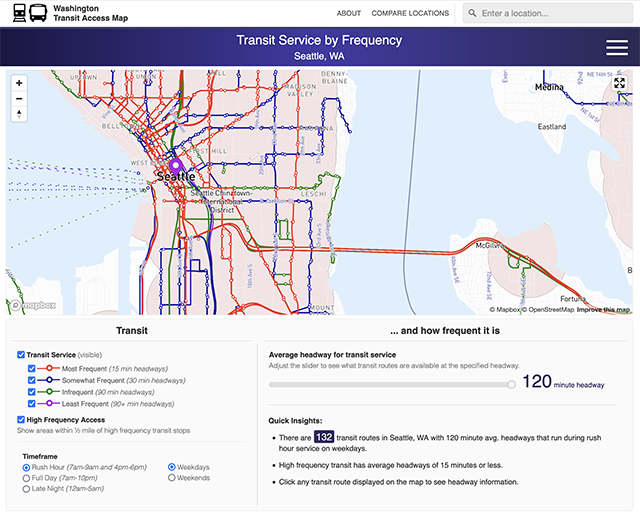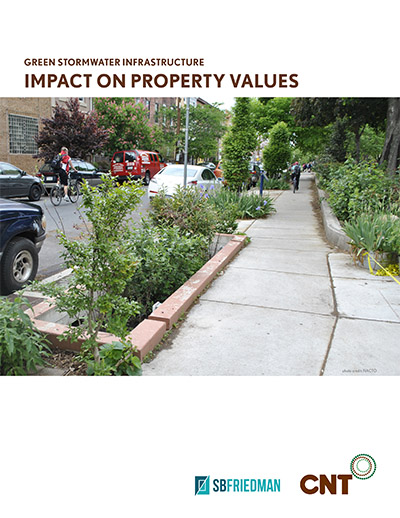The Pacific Northwest is an expensive place to be poor,” says Scott Bernstein, who has spent much of the last three years studying trends and solutions to poverty in North America.
And in many ways the region’s suburbs are even more costly for people of lesser means, notes Bernstein, founder of the Center for Neighborhood Technology and lead author of the organization’s Urban Opportunity Agenda. In many suburbs, transit is sparse or non-existent, so car ownership is all but mandatory to reach the scattered jobs. And cars are costly. “People end up holding onto older cars and paying for repairs, or paying more to get a newer car,” Bernstein says. “Portland and Seattle are leaders in expanding transit, but most of that is in the core and some inner suburbs.” Services like home weatherization programs and job training, present in central cities, are often missing in suburban locales.





 Strengthening Transit Through Community Partnerships
Strengthening Transit Through Community Partnerships